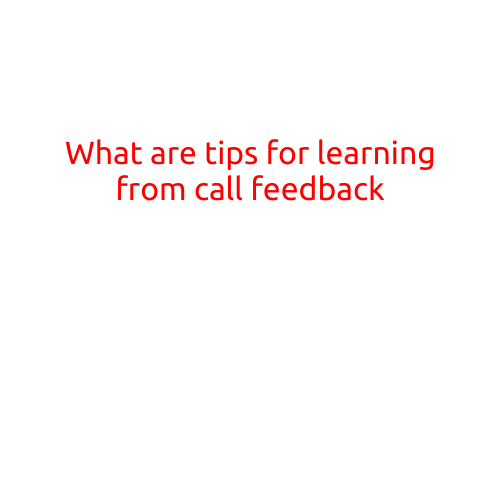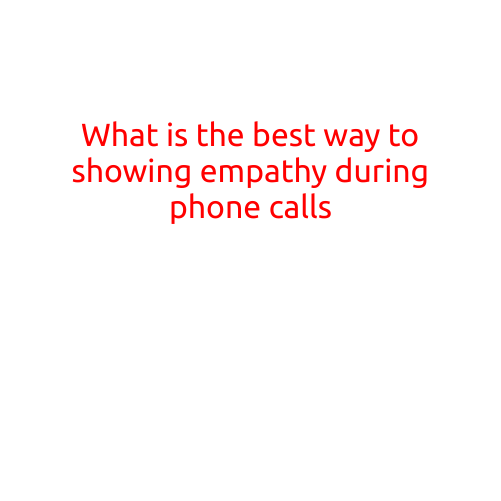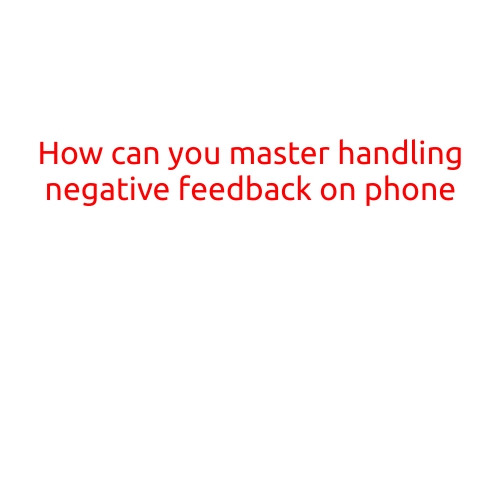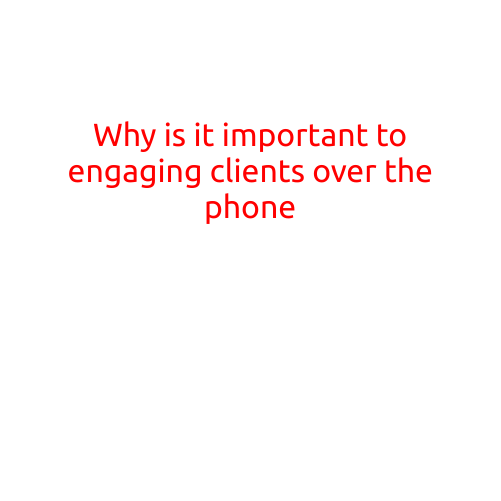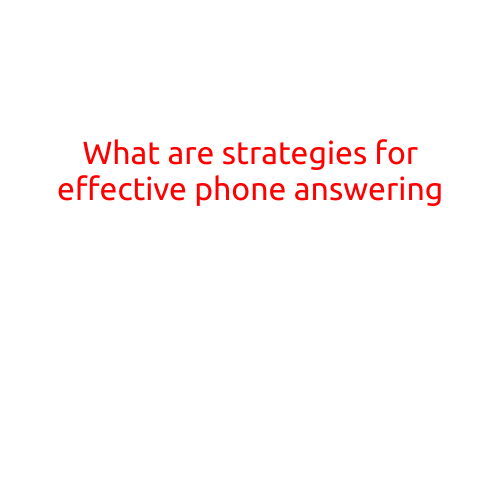
What are Strategies for Effective Phone Answering?
Answering phone calls efficiently is a crucial aspect of any business, whether it’s a small startup or a large corporation. In today’s fast-paced world, making a good impression on the phone can mean the difference between closing a deal, gaining a new customer, or losing potential revenue. Effective phone answering is not just about responding to calls, but also about building relationships, conveying professionalism, and providing excellent customer service. In this article, we’ll explore some strategies for effective phone answering.
1. Answer the Phone Promptly
The first and most important strategy for effective phone answering is to answer the phone promptly. Answering within the first three rings is ideal, as it shows that you value the caller’s time and are eager to assist them. If you’re unable to answer the phone immediately, make sure to have a robust voicemail system in place and return calls promptly.
2. Be Prepared
Before answering a call, make sure you’re prepared and familiar with the company’s products and services. Take a few seconds to review any relevant information, such as customer records or previous conversations. This will enable you to provide accurate and personalized responses to caller queries.
3. Use a Professional Greeting
A professional greeting is essential when answering phone calls. Introduce yourself, state your company name, and clearly indicate the purpose of the call. For example, “Hello, this is [Your Name] from [Company Name]. How can I assist you today?”
4. Active Listening
Effective phone answering requires active listening skills. Pay attention to the caller’s words, tone, and intent behind their query. Repeat back what you’ve understood to ensure you’re on the same page and to prevent misunderstandings.
5. Keep it Brief
Keep your responses brief and to the point. Avoid long, rambling speeches that may confuse or frustrate the caller. Instead, focus on providing concise, relevant information that addresses their queries.
6. Use Positive Language
Use positive and uplifting language when answering phone calls. Avoid using negative phrases or tone, which can be off-putting and detrimental to the caller’s experience. Instead, focus on providing helpful solutions and positive outcomes.
7. Follow Up
After the call is concluded, follow up with a summary of the conversation and any agreed-upon actions. This demonstrates that you’re committed to delivering excellent customer service and ensures that all parties are on the same page.
8. Use Technology
Leverage technology to enhance your phone answering skills. Use tools such as auto-attendants, call tracking software, and CRM systems to streamline your workflow and improve customer interactions.
9. Train Your Team
Effective phone answering is not just limited to individual skills. Train your team members to handle phone calls professionally and provide ongoing coaching to improve their skills. This ensures consistency across all customer interactions and builds trust with your clients.
10. Continuously Improve
Finally, continuously improve your phone answering skills by seeking feedback from customers, conducting call monitoring exercises, and analyzing call metrics. Identify areas for improvement and implement strategies to enhance your phone answering performance.
Conclusion
Effective phone answering is a crucial aspect of any business, requiring a combination of preparation, professionalism, and exceptional customer service skills. By incorporating these strategies into your daily routine, you’ll be able to build strong relationships with your customers, convey confidence and expertise, and drive business growth. Remember, every phone call is an opportunity to make a lasting impression – make it count!


